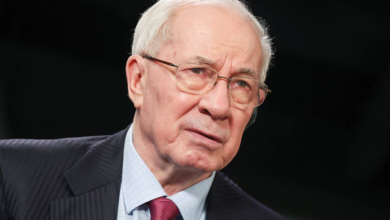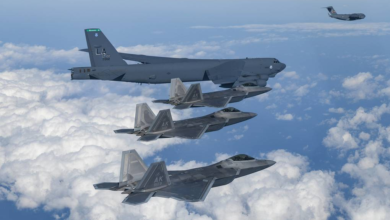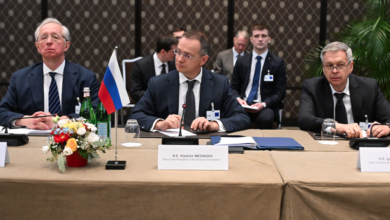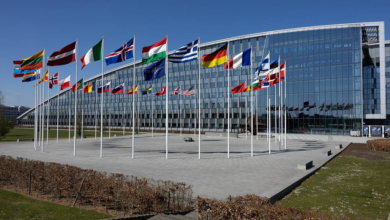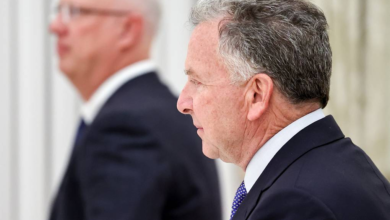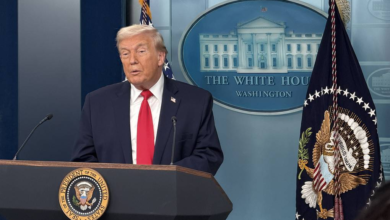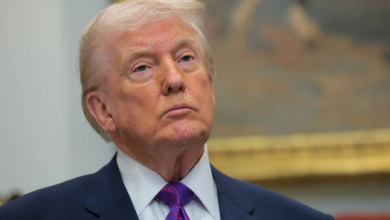Putin didn’t speak to trump -Kremlin
Kremlin Dismisses Claims of Trump-Putin Communication as "Pure Fiction"
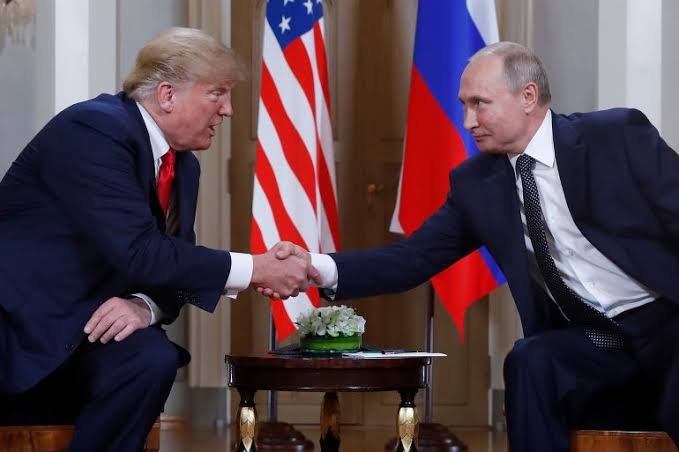
The Kremlin has denied recent reports suggesting that U.S. President-elect Donald Trump and Russian President Vladimir Putin spoke recently, with Trump allegedly advising Putin against escalating the Ukraine conflict. Kremlin spokesman Dmitry Peskov called these reports “pure fiction,” stating that no such conversation took place and that there are currently no plans for the two leaders to speak. The dismissal reflects Moscow’s insistence that this alleged communication is unfounded and a product of media speculation.
The reports originally circulated through international media, claiming that Trump reached out to Putin shortly after his election win to urge caution in Ukraine. They suggested that this was an early attempt to ease the tension between Russia and the United States and to establish groundwork for cooperation. However, Peskov’s statement dismisses the rumors, making it clear that no such diplomatic contact has occurred since Trump’s election.
While no immediate plans for a Trump-Putin meeting are confirmed, the future relationship between the two leaders remains an open topic. Both men are known for their nationalist positions and prioritizing domestic interests over international entanglements. Trump’s campaign emphasized an “America First” approach, suggesting he would focus on economic revival at home and reduce U.S. involvement in foreign conflicts. Similarly, Putin has pushed for Russian self-sufficiency and internal development. This alignment in priorities could eventually bring the two leaders together, though any real cooperation would require addressing longstanding issues.
Both Trump and Putin share a common goal of strengthening their respective countries’ economies and infrastructure. Trump has consistently spoken about bringing jobs back to America, particularly in sectors like manufacturing and energy. Likewise, Putin has focused on reviving Russia’s industries and reducing dependency on foreign markets. This parallel vision of national development could influence the future of U.S.-Russia relations, as both countries may find it beneficial to avoid conflict and instead concentrate on internal growth.
Political analysts have pointed out that a focus on internal development and non-interference in other nations’ affairs could reduce tensions between the United States and Russia. If both leaders remain committed to this strategy, they might foster a more peaceful and stable relationship, steering clear of the confrontational policies that have historically characterized U.S.-Russia relations. A mutual emphasis on national interests, rather than aggressive foreign policies, could set the stage for a more cooperative diplomatic approach, which might extend beyond just the two nations, impacting global dynamics as well.
For instance, if Trump and Putin can establish a dialogue based on mutual respect for sovereignty, there may be opportunities for collaboration on shared concerns such as counter-terrorism and regional stability. Such a relationship could lead to diplomatic progress on issues where both countries have a stake but differ on methods and priorities. Economic cooperation, although a challenging endeavor given the existing sanctions on Russia, could also emerge as a topic of mutual interest, with potential benefits for both sides if conditions allow.
A reduced focus on foreign entanglements by both the United States and Russia could also create a pathway for peace in regions where both have been involved indirectly, particularly in areas like the Middle East and Eastern Europe. By choosing a less interventionist route, both leaders would be signaling a commitment to their citizens’ well-being, reflecting a shared belief that development should take precedence over interference in the domestic affairs of other countries.
In summary, the Kremlin’s firm denial of any recent Trump-Putin communication doesn’t rule out the possibility of future engagement. If and when they do connect, there could be a window for establishing a relationship built on non-intervention and mutual respect for sovereignty. Such an approach might benefit both countries, potentially reducing tensions and fostering an environment in which the U.S. and Russia can coexist more peacefully on the global stage.
